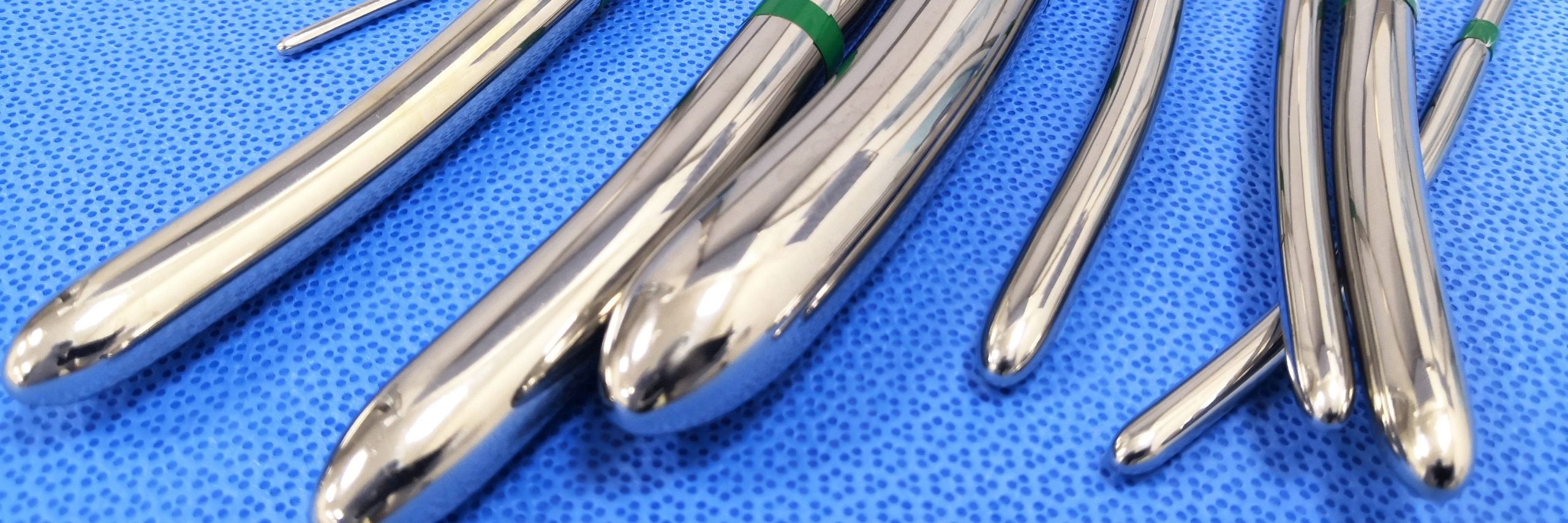This study aimed to evaluate the prognostic value as diagnosis makers of cancer antigen (CA)125, human epididymis 4 (HE4), and CA72-4 serum levels in ovarian endometriosis (OvEndo).
The serum levels of CA125, HE4, and CA72-4 were measured using enzyme-linked immunosorbent assay (ELISA) technique for a group of 29 cases of OvEndo and a control (CTR) group of 26 cases.
Results were compared between groups and statistical correlation was analyzed between the three biomarkers. (i) For CA125, we found a statistically significant difference in-between the mean serum levels of the two groups: 9.02 U∕mL in the OvEndo group versus 7.1 U∕mL in the CTR group (p=0.0158). (ii) A similar situation was found for CA72-4 levels in OvEndo group, where the mean serum level was 6.1 U∕mL compared to 3.5 U∕mL in the CTR group, showing a significant difference (p=0.0185). (iii) The mean serum level of HE4 in the OvEndo group was 7.6 ng∕mL versus 7.8 ng∕mL in the CTR group, and we found it highly significant (p=0.0001). HE4 levels were highly correlated with CA72-4 levels (p<0.0001), while CA125 levels were not correlated with HE4 and CA72-4.
Measurements of CA125 can be used in the diagnosis of OvEndo mainly in association with HE4 serum levels, which are lower in endometriosis patients. CA72-4 levels are highly correlated with HE4 levels in patients with OvEndo, while no correlation with the other two markers was found. This correlation needs further investigation to establish if it may be used as a possible diagnostic tool in clinical practice.















